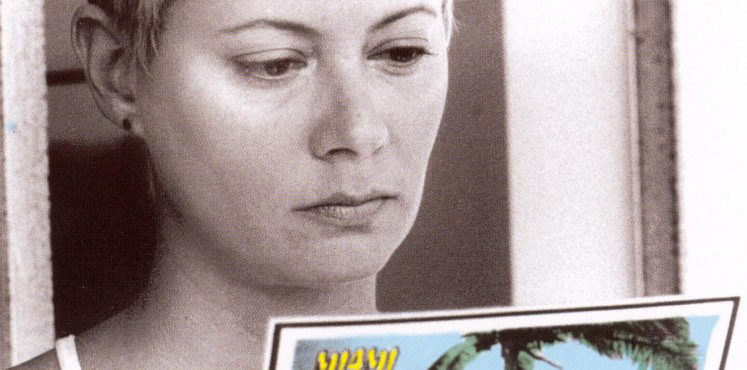
Uncomfortable love and bold music choices for a modern-day audience
By Jonathan Pabico, Senior Columnist
4/5
From touring with the Foo Fighters to performing at iconic music festivals like Lollapalooza, The Struts made a name for themselves as British rockers from Derby, England. Strange Days marks the band’s third studio album to be released, but it’s the first of their work to arrive to fans while in a pandemic. Despite the weird circumstances, the collection is upbeat enough for therapeutic resonance and provides relatable themes for youth.
What makes the album a rollicking treat are the impressive vocals of lead singer Luke Spiller. With the song “Cool,” for instance, Spiller allows his charismatic personality to come out as he sporadically switches between his vocals to talking in a stylish drawl. He revels in the vibrant dynamics his voice shares with the song’s guitar solo. This synergy creates a unpredictable edge, perfect for any coming-of-age or road-trip film.
Although it’s a topic we’ve all seen in music before, Strange Days’ central theme is about young love and the pain, heartbreak, insecurities, and unresolved anxieties that can follow from it. With their punk finesse, The Struts are unapologetic in exploring these social concerns that would normally be difficult to discuss with others.
The track “I Hate How Much I Want You”—which, contrary to its title, is one of the catchiest tunes in the playlist—pulls you in through hard-hitting guitar melodies and drumbeats that balance with the vocals. This soundscape makes the collection enormously relatable for listeners by conveying the struggles we can have with passions of the heart. The piece uses its lyrics about jealousy and longing to foreground the complicated depths of our personal affections.
What also gives the album so much appeal is its avant-garde elements. The track “Am I Talking to the Champagne (or Talking to You)” combines Spiller’s painful vocals with surprisingly jazzy flair through saxophone segments. The light hits on the drum, sleek guitar riffs, and sophisticated vibes from the backup singers meld jazz romanticism with engrossing rock tones.
As for flaws, the arguably weakest track is perhaps “Wild Child” because of its techno distortions that clash with the energetic vocals and music compositions. The sound mixing during the later stages of the song is off kilter yet could’ve allowed the guitar to run free.
Regardless of whatever minor problems it may have, The Struts’ Strange Days is not a bad listen for our current time of quarantines, social distancing, and lockdowns. The Struts’ new work provides emotional support that lends some welcoming comfort to fans and casual listeners. If you hunger for decent rock songs or you’ve been feeling down lately and need some encouragement, then tune in to the band’s recent music. Their album may just be that very push you’re seeking to get through a tough day.


